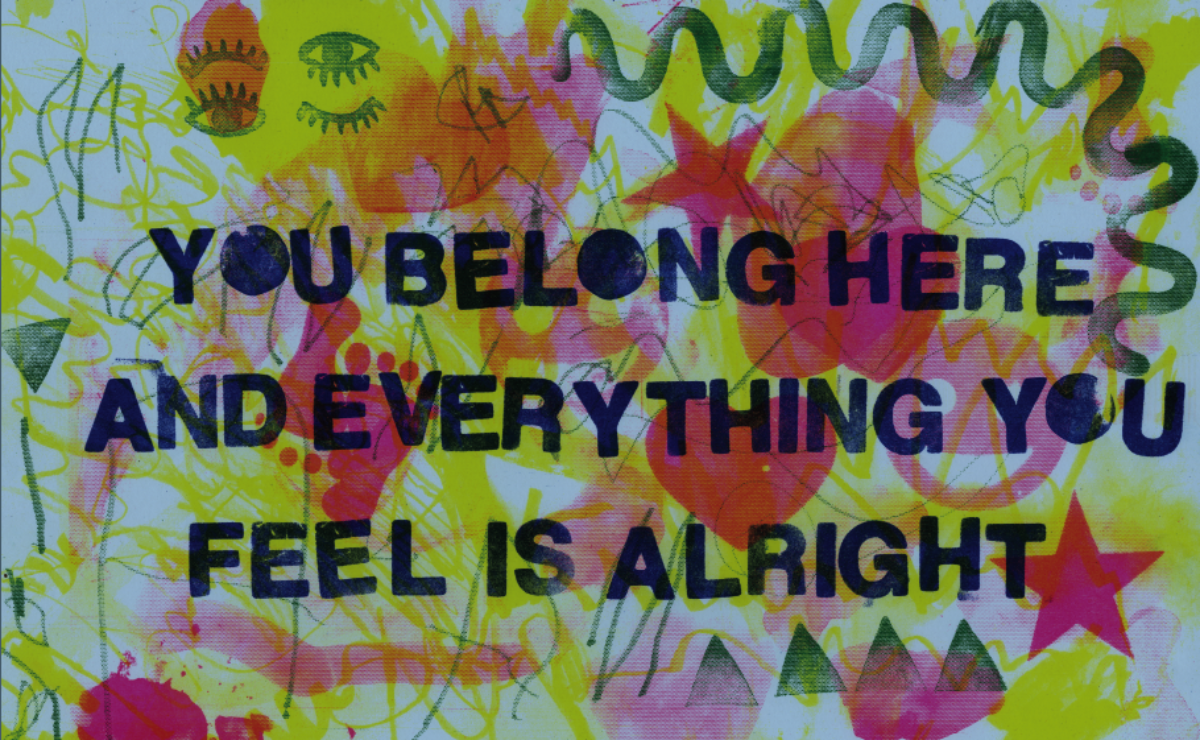This week’s reading shared themes that focused on women’s labor, and the ways in which men typically undervalue and evade this important work.
They examine some men’s reactions, those who go so far as to logically recognize it is unfair not to share their burden of the “women’s” work, and how when these men are faced with the true division of this labor, they display mental gymnastics and manipulative snippets like the ones so well documented by Pat Mainardi in The Politics of Housework.
In my own experience, often well intended men who like to claim the title of feminist start to find themselves experiencing difficulty when faced with the realities of what sharing household burdens actually looks like, and we are about 40 years from when these pieces were written.
Minimizing the unrewarded labor of women aids in viewing women as accessories in men’s life, putting women in the position of playing a supporting role at best to a man’s personal narrative. And still with this support, a man admitting he only reached great heights because he has been standing on the backs of others is painful, and too inconvenient. As Brady brilliantly puts it, who wouldn’t want a wife?! Sounds like a dream right now, while I’m in school.
But it’s a pre-packaged patriarchal lie for men too, this idea of “the wife” as a caretaker, as Steinem explains. Gloria Steinem speaks to the harm this does to men and boys this week in her Washington Post piece, exemplifying the ways that these norms are also harmful to them. She also speaks to more privileged feminism, that is might be easier to claim we are equals from a place of privilege, “The chains may be made of mink and wall-to-wall carpeting, but they are still chains.”. This made me think of a larger desire in many humans to abdicate their will entirely and embrace their role while refusing to admit they are in an oppressed role.
I felt this overarching theme that the Redstocking Manifesto raises, that these issues of the patriarchy are made to seem like “a matter of interplay between two unique personalities, but, in reality, each relationship is a class relationship, and the conflicts between individual men and women are political conflicts that can only be solved collectively” This goes back to these concepts of defining womanhood as an oppressed class, and recognizing the systemic nature of these problems. It is like the birdcage analogy Frye used in previous week’s writings.
